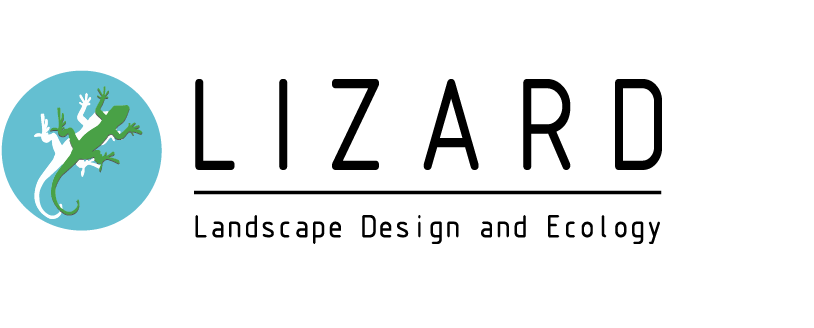Why Ecologists Need to Save the Bees to Save the World
Bees have a huge impact on the earth's ecosystem due to their pollination skills, without them, the earth would suffer unimaginably. Although they are endangered there are ways you can help to save the bees!
This blog will outline those ways and why it’s so important to help the bees.
Why Bees Need Saving by Ecologists
Bees are very important to our ecosystem and pollinate over 90% of wild plants and 75% of crops! However, bees are becoming increasingly endangered. Their deaths are caused by several reasons, including pesticides, drought, habitat damage, inadequate nutrition, air pollution, and global warming. Without bees to pollinate plants, global warming will increase as plants take in carbon dioxide and crops will fail as they haven’t been pollinated. This will cause mass starvation problems all over the world not to mention having an impact on Biodiversity
The BBC discovered in a study that without bees we would have less that 50% of the food that we normally have in the shops. To imagine this cast your mind back to the first coronavirus lockdown when people overbought and the shelves were left empty, this sparked national fear. Now imagine the same but the food has not disappeared to people purchasing but simply because there is not enough to go around.
How can you Save the Bees?
Here are some steps you and your business can take to help save the world’s bee population:
Avoiding the use of pesticides - The effects are so strong on the bees it can give them long-term memory and learning issues as well as make reproduction a lot more difficult.
Making space for ground-nesting bees - 70% of bees of all the different bee species are ground nesting, so it is important to keep part of your garden wild for them to have the opportunity to nest in.
Eat less and more sustainable honey - as overfarming bees can be bad for wild bees.
Plant some bee-friendly plants - Bees see flowers in the blue and purple colour spectrum better and blue-purple flowers produce the most amount of nectar! They are also attracted to ultraviolet light, so flowers with ultraviolet nectar are perfect for bees. Some examples of flowers which are bee friendly are lavender, Great Blue Lobelia and New England Aster. You can learn more about what types of plants bees prefer and why here.
Eating organic food - less harmful chemicals will come into contact with bees if they haven't used chemicals on their farm.
At Lizard Landscape Design and Ecology we Protect Biodiversity
To help you finish your commercial landscape development project and determine the ecological impact a development could have on its surroundings, Lizard Landscape Design and Ecology offers specialised ecological services. Please contact us on the following number to ask any questions about how we prioritise ecology in our landscaping designs. 01903 216033

